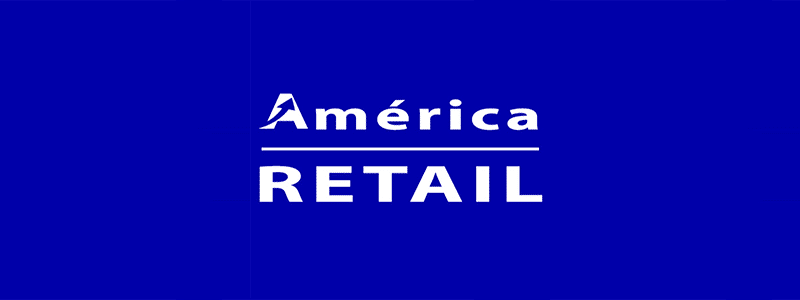Companies and their corporate governance must be flexible enough to adapt to change, but rigorous enough to implement a prevention system that serves its purpose. This challenge also presents an invaluable opportunity to strengthen their reputation and stakeholder confidence.
Corporate governance is emerging as a fundamental pillar to ensure sustainability and corporate integrity. In this context, the publication of the Economic Crimes Act poses important challenges for organizations, prompting them to a thorough review of their internal structures and practices.
In this regard, below we share some keys to adapt to the requirements of the new regulation:
First, transparency and accountability. Companies and, in particular, their corporate governments, face the pressure to implement more rigorous mechanisms to ensure clarity in their operations and decisions, a challenge that is not only legal but also ethical. Decision-making under the criteria of the well-known rule of good business judgment becomes essential when it comes to justifying the best way of doing things.
This necessarily translates into compliance with certain factors that must be considered in order to avoid being involved in risky situations:
(I) making decisions in the best interest of the company.
(II) without conflicts of interest.
(III) in good faith.
(IV) based on the best information available.
In turn, the establishment of effective and accessible whistleblowing channels, together with protection for whistleblowers, becomes a crucial aspect in fostering an environment of integrity and trust.
On the other hand, effective risk management must be taken into account. Adaptation to the Economic Crimes Act requires more sophisticated risk management. Companies must proactively evaluate and mitigate the legal and financial risks associated with the activities of each organization’s line of business, which necessarily implies an analysis of the activities that may be carried out regularly or sporadically. This implies not only an exhaustive review of current operations but also constant monitoring to adapt to the changing dynamics of the market and legislation.
Risk management, however, should not be limited to the identification and determination of risks, but, on the contrary, requires periodic supervision and control, in order to produce the effects expected by law, i.e. the establishment of adequate and effective Prevention Models that fully prevent the commission of illegal acts and other infractions.
Finally, a corporate culture of integrity is necessary. Beyond systems and processes, the new legislation challenges those in senior management to cultivate a corporate culture rooted in ethics and legality. While the responsibility does not fall solely on business leaders, it is necessary that, from their role, they promote among the members of the organization, an environment where ethical values guide daily decisions.
Implementing the new economic crime law is no easy task. Companies must be flexible enough to adapt to the changes, but rigorous enough to implement a prevention system that fulfills its purpose. This challenge also presents an invaluable opportunity to strengthen corporate governance practices and, with it, the reputation and trust of stakeholders.
Adapting to the new legislation on economic crime requires a firm commitment to transparency, risk management and an ethical corporate culture. It is a call to action for companies to not only comply with regulations, but to lead by example, promoting a fairer and more sustainable business environment.
Source: Diario Constitucional, february 19, 2024.




